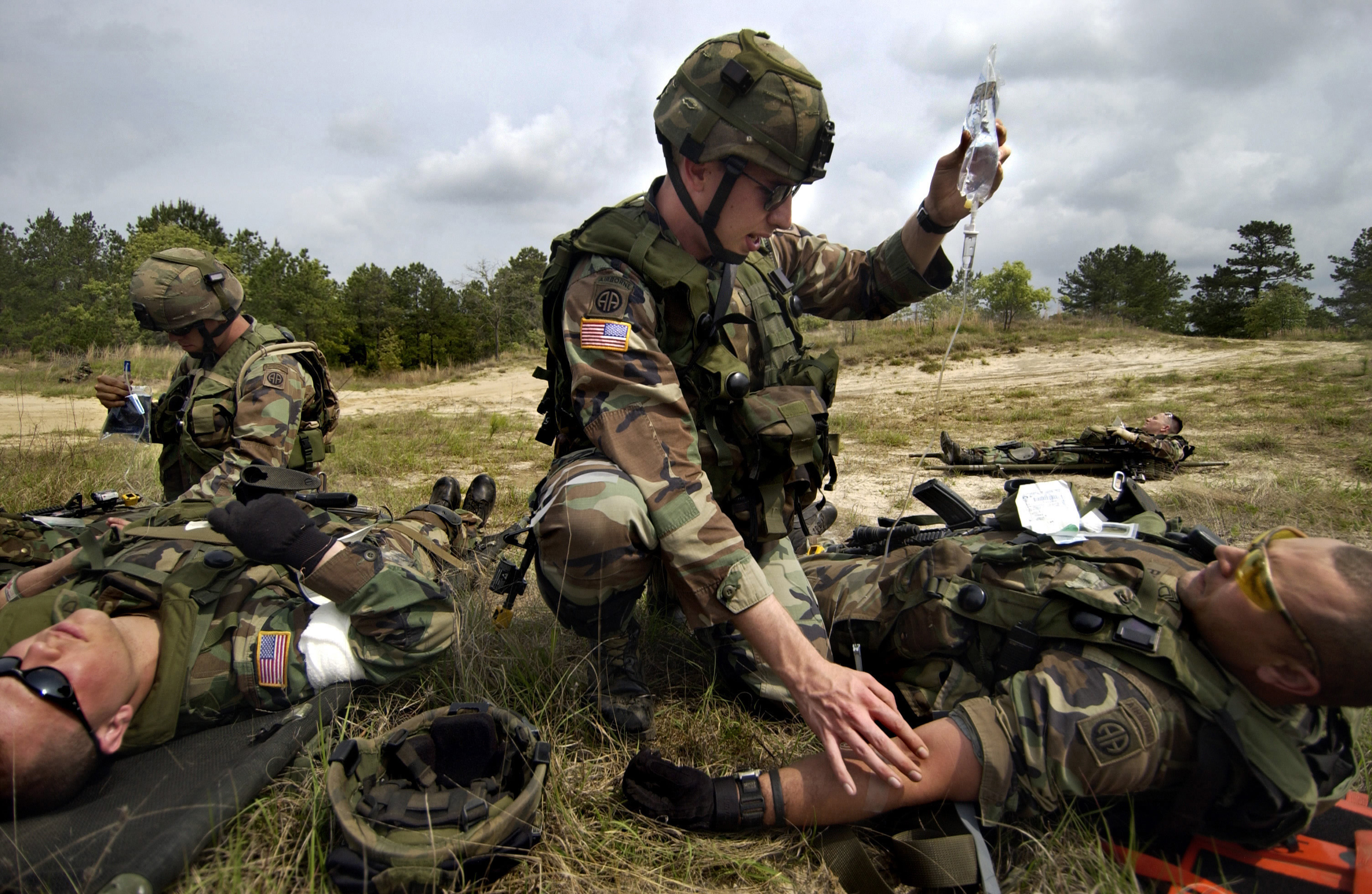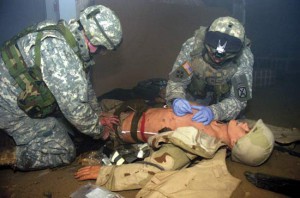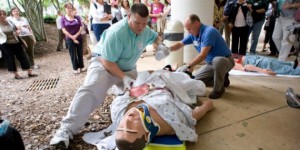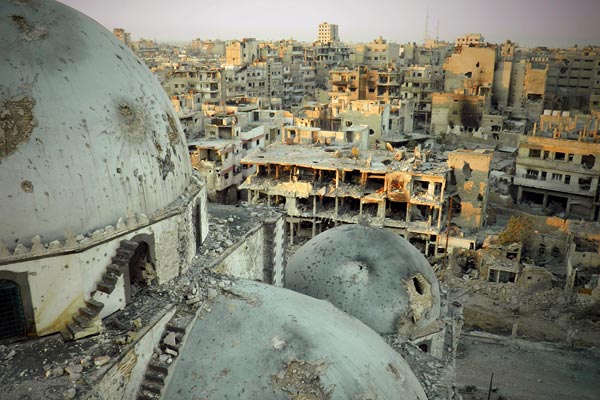Training, simulation and education play a large part in the military. However, one important sector often forgotten is the medical side, from general practitioners to paramedics. This training differs from other training due to the need to liaise with bodies outside the military establishment. This is especially relevant when training alongside the civilian counterparts to counter civil emergencies.
Difficulties were recently highlighted in the annual joint service, multinational and interagency combat search and rescue training exercise, Angel Thunder, the largest and most realistic exercise of this kind. Angel Thunder is attended by more than 3000 personnel with 109 aircrafts. More than 200 planners met beforehand for a three-day conference to plan the exercise.
Besides the high costs of conducting such an exercise, there are many issues that occurred during the training simulation. The most significant was the differences in language used by the various forces. It emerged that there is no standard practice for triage when deciding which patients should be treated first based on how injured they are. With vast differences in this practice, the large amount of time wasted and confusion among operating medics is of large concern. One possible solution for the language barriers could be the use of the ‘Afghanistan standard’ developed by ISAF forces to create a unified standard of communication across all operating militaries in Afghanistan.
Difficulties however, remain between the military and civilian communication channels as issues of the interoperability between the various communications equipment emerged. This meant that radio devices were not compatible with each other making inter service communication in the emergency situation impossible. With a large amount of different equipment in use, it proved impossible to connect all systems with one another.
Further difficulties included the red tape for the use of civilians in military training. Members of the ROTC (Reserve Officer Training Corps) were used as casualties instead of civilians. This created a training gap for members of the military who are not used to interacting with civilian casualties.
Large training exercises like this are too expensive for most forces. The training for the Red Cross and the German University for Defence consists of the use of simulation cards and white boards in a classroom environment. Although this is theoretically effective, it lacks the real time experience of operating in an emergency situation.
Austere Medical Environments
Austere environments are the most difficult medical situation to train for. When faced with casualties in remote areas, with little transport links and infrastructure, medics must wait with the patient for hours or days at a time. Training a medic to sit alongside a patient with no support is very challenging especially under severe weather conditions.
A final issue is the major focus placed on the doctor. It emerged in Afghanistan that a vital link to the survival of a wounded person is the lower ranked medic who is there to assess the situation as it occurs. The decisions made before the patient reaches the hospital are vital towards their survival.
In conclusion there are still many training issues for medical emergencies. One of the main issues is the lack of a communication standard used across all agencies and forces especially during the triage process, and the differences in communication equipment between military and civilian operators. Finally, there are issues such as the cost of conducting large-scale medical simulation training exercises and the difficulty in conducting training for austere medical environments where no assistance can be had for days on end.





